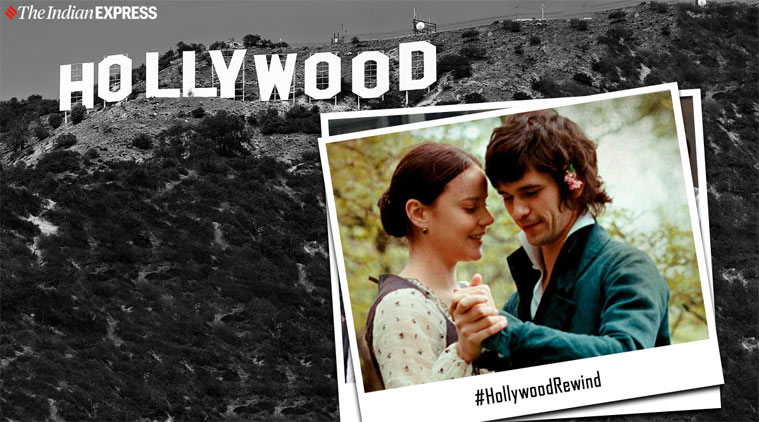 The 2009 movie Bright Star featured Abbie Cornish and Ben Whishaw in the lead roles.
The 2009 movie Bright Star featured Abbie Cornish and Ben Whishaw in the lead roles.
“Love is my religion — I could die for that — I could die for you. My Creed is Love and you are its only tenet.” These are lines written by the famous English poet John Keats to his partner Fanny Brawne. Alas, they never married because Keats died of tuberculosis when he was only 25. It was during my graduation days that I had become infatuated with poetry, and it was during this time that I not only discovered more elaborately, John Keats the poet, but John Keats the prolific letter-writer as well. Partly based on these letters, filmmaker Jane Campion made her exquisite movie Bright Star in 2009.
The title of the movie is taken from Keats’ poem of the same name which he had apparently written as a declaration of his love for Brawne. The poem is, of course, lovely, but what is perhaps even lovelier (if only slightly) is how the director managed to bring such a story to life on screen. It would have included heavy research, no doubt, especially when all we have is Keats’ letters to Brawne and not the other way around. However, through film and some books, we know that Brawne had a theatrical bent of mind and that she was creative and made her own clothes. In the movie, Abbie Cornish plays Brawne, while Ben Whishaw brings the gentle and intelligent Keats to life. Their portrayal anchors the film. They draw it out from the deep waters of abstraction. While poets’ minds and their poems are intangible, both Whishaw and Cornish bring a certain specific tangibility to them.
There is not much to say in the way of plot here. It is a sad love story that doesn’t come to fruition. However, the sadness comes only towards the second half of the film. Much of the first half (and in fact, the whole film) is a celebration of love – John Keats and Fanny Brawne’s love.
Their story was socio-political as well because Keats need not have died. He died because there was no cure for consumption at the time. He died nursing his brother Tom Keats, who had also contracted TB. And he passed away almost alone in a foreign land (Italy) away from the love of his life. Keats’ story is also given a certain social depth by the fact that he was relatively poor. He had no income to support a family which was why he delayed his marriage to Brawne in the first place. And sadly, he died believing that he was a failure as most of his published works during his lifetime barely received any appreciation from critics. It was only after his untimely and premature death that his body of work began to be widely read, and today, he is one of the most celebrated poets of all time.
It is this heartache, this dilemma that Ben Whishaw brings to the table in Bright Star effectively. From his short pauses to his soft, gentle manner of speaking, Whishaw embodies John Keats to the T. However, Abbie Cornish is the one who steals the limelight in the movie with her determined but fragile portrayal of Fanny Brawne. The way she plants kisses on Keats’ letters, the fashion in which she openly flirts with him in the presence of his close friend, and last but not least, the manner in which she reacts after hearing of Keats’ death — captivating. The sequence when she breaks down upon hearing Keats’ last address to her is heartbreaking and perhaps one of the few scenes captured on film which boasts of unparalleled honesty. You grieve too seeing her mourn. You feel her pain. You want to, but cannot comfort her. That is art, and that is an outstanding performance.